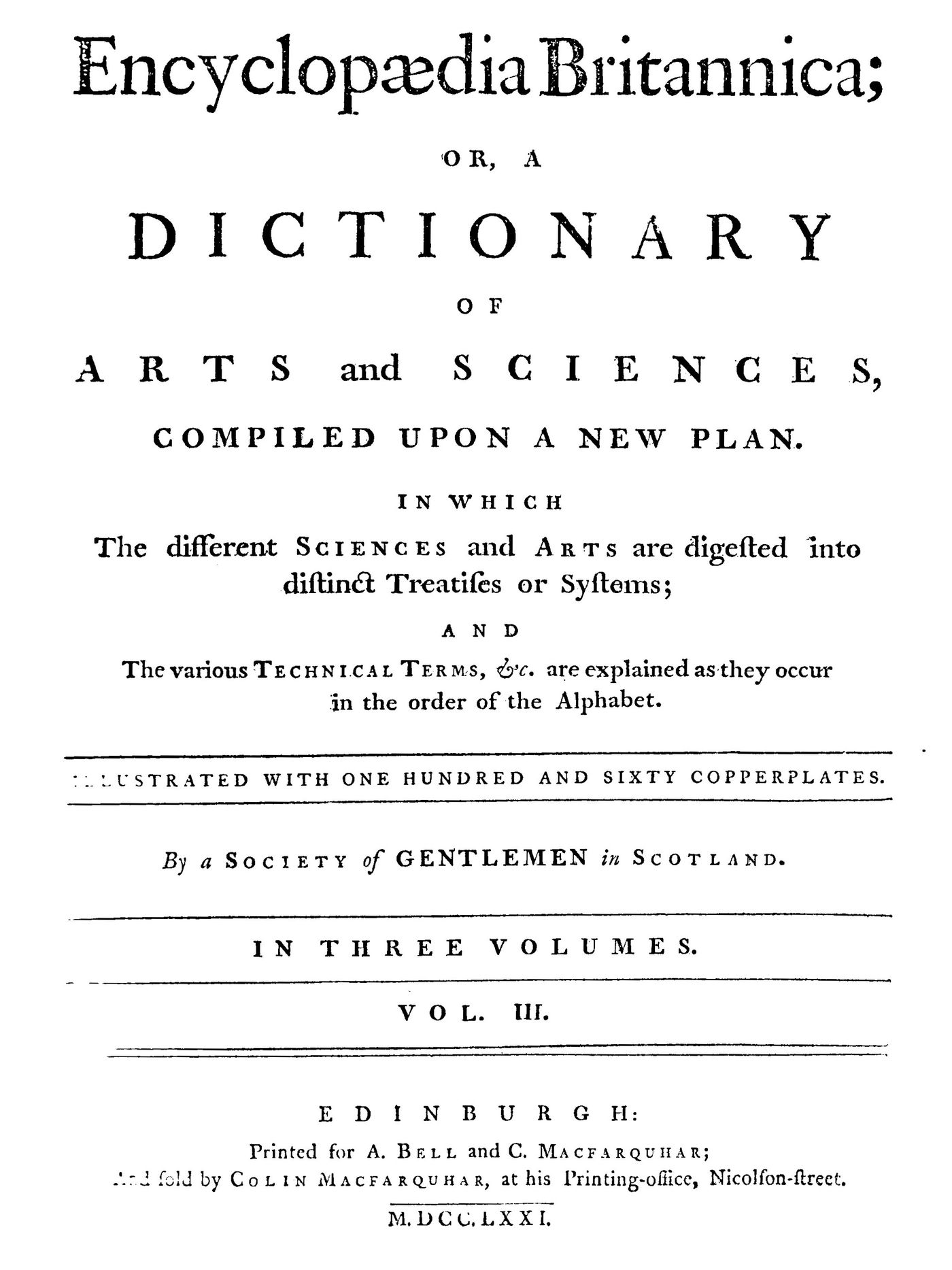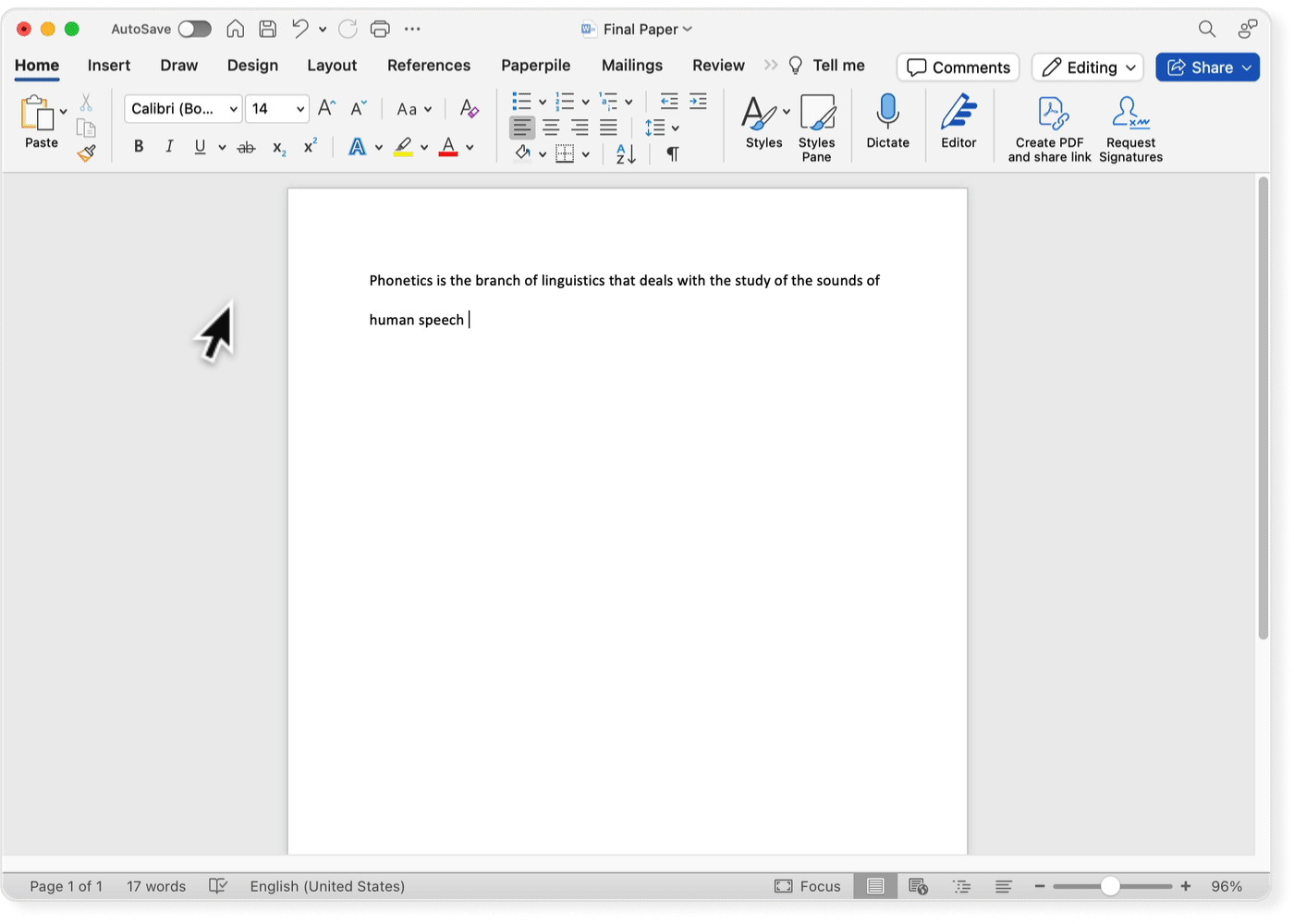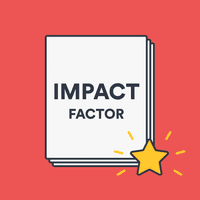Is an encyclopedia a primary source?

No, an encyclopedia is a tertiary source. Encyclopedias provide extensive information about a particular topic, time period, or person in the form of entries arranged in alphabetical order. Encyclopedias, indexes, and works alike are known for compiling primary and secondary sources. As a result, they are considered tertiary sources.
➡️ What is a secondary source?
The main characteristic of tertiary sources is that they repackage information. They don’t analyze sources as a secondary source would. Tertiary sources gather, compile, and organize information in a specific order, just like an encyclopedia would. Dictionaries and some textbooks are categorized as tertiary sources as well when they aim to list information.
Nevertheless, there is always an exception to the rule. Depending on the scope of your research, encyclopedias can be referenced as primary sources in some cases. For example, the Encyclopedia Britannica, one of the most popular encyclopedias, was first published in 1768 and is considered a primary source for historians because of the significant value it gained over time.

How to cite an encyclopedia
The citation style used will determine the exact citation format. This is how you would cite an entry in the Cambridge Encyclopedia of the Language in APA:
Byrd, D. (2011). Phonetics. In P. C. Hogan (Ed.), The Cambridge Encyclopedia of the Language Sciences. Cambridge University Press.
Instead of worrying about the correct format of your citation in any given citation style, you can use a reference manager like Paperpile to automatically and correctly generate your citation for you:

Frequently Asked Questions about encyclopedias as primary sources
📒 Is an encyclopedia a secondary source?
No, an encyclopedia is a tertiary source. Encyclopedias, indexes, and works alike are known for compiling primary and secondary sources. As a result, they are considered tertiary sources.
🔖 Is an encyclopedia entry a secondary source?
No, an encyclopedia entry is a tertiary source. An encyclopedia entry references information without any analysis or opinion; therefore, it is a tertiary source.
📖 Is an encyclopedia article a secondary source?
No, an encyclopedia article is a tertiary source. An encyclopedia article references information without any analysis or opinion; therefore, it is a tertiary source.
🕯️ Is the Encyclopedia Britannica a primary source?
No, the Encyclopedia Britannica is generally a tertiary source. An encyclopedia references information without any analysis or opinion; therefore, it is a tertiary source. Nevertheless, depending on the scope of your research, encyclopedias can be referenced as primary sources. The Encyclopedia Britannica, first published in 1768, is one of the most popular encyclopedias, and is considered a primary source for historians because of the significant value it gained over time.
💻 Is the Stanford Encyclopedia of Philosophy a primary source?
No, the Stanford Encyclopedia of Philosophy is a tertiary source. An encyclopedia references information without any analysis or opinion; therefore, it is a tertiary source.


